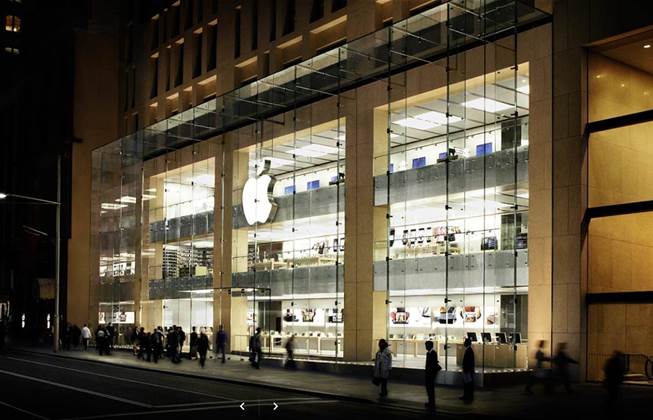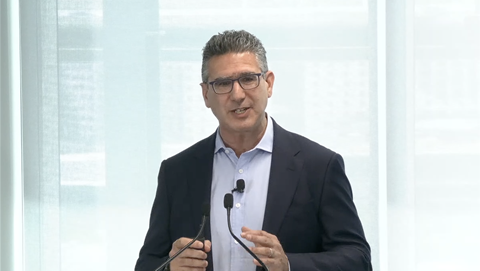Apple paid its largest Australian tax bill in years in 2017 as it topped $8 billion in local revenue for the first time ever.

The iPhone maker nearly doubled its gross profit from $131.8 million in 2016 to $255.4 million last year, in turn raising its taxable income.
Apple's statutory 30 percent tax bill of $76.6 million was compounded by a number of additional tax expenses, adding up to a total income tax expense of $183 million for 2017.
This included a tax adjustment of $90.3 million related to prior years and a deferred tax income expense of $12.6 million.
Apple last year paid tax of $128.2 million, which also included an adjustment from prior years. Its previous income tax bills were $84.9 million (2015), $80.3 million (2014) and $36.4 million (2013).
The company's 12 months to 30 September 2017 brought in monster revenue even by Apple standards, up $480 million (6.3 percent) year-on-year.
That period for Apple contained the bulk of sales of the iPhone 7s as well as – only just – sales of the iPhone 8, which started taking pre-orders on September 15.
It did not include sales of the much-anticipated iPhone X, which marked the biggest revamp of the smartphone range in years, and was released in Australia on November 3.
Apple's previous record revenue was $7.9 billion in 2015, driven by sales of the iPhone 6.
The company's local headcount also jumped in 2017, up more than 6 percent from 3729 people when it lodged its 2016 annual report to 3966 in 2017.
Apple has been under scrutiny internationally for its tax arrangements. The company was hit with a €13 billion fine in August 2017 by the European Commission, which found its Irish tax structure "illegal under EU state aid rules".
The Australian Taxation Office has sought to clamp down on tax avoidance by large global companies, including through the multinational anti-avoidance law (MAAL) and the diverted profits tax (DPT).
It has also been investigating transfer pricing, which are international transactions with a related party that can be classified as international profit shifting when not in accordance with Australian rules.
Apple, like many local subsidiaries of global corporations, pays a selling, general and administrative (SG&A) expense to its parent company, which reduces its taxable income.
Apple Australia, which paid the country's statutory 30 percent company tax rate, reports into Ireland-based Apple Operations International.


.png&h=140&w=231&c=1&s=0)
_(33).jpg&h=140&w=231&c=1&s=0)






 iTnews Executive Retreat - Security Leaders Edition
iTnews Executive Retreat - Security Leaders Edition
 iTnews Cloud Covered Breakfast Summit
iTnews Cloud Covered Breakfast Summit
 The 2026 iAwards
The 2026 iAwards












_(1).jpg&h=140&w=231&c=1&s=0)



